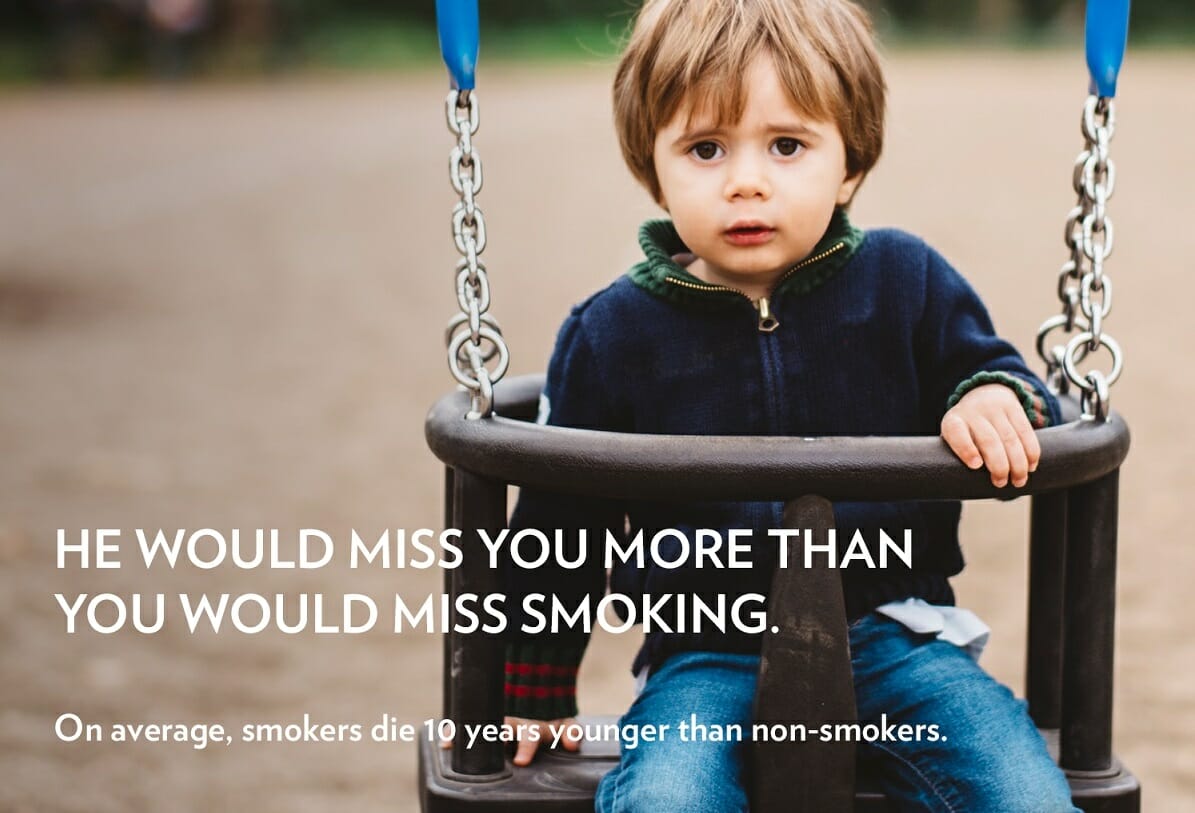CEO Becky Chidester calls this approach “motivation laddering.” For the past few years, Wunderman has conducted research around “health inertia,” which examines how to motivate people to manage their chronic diseases.
The result of this research is a more diversified marketing approach in which ads are informed not just by patients’ conditions or disease stages, but by their emotional “triggers.” Chidester says Wunderman is already working with a number of clients, including GlaxoSmithKline, to identify the triggers and develop ads based around them. “They’re committed to driving healthy behaviors by using more personal approaches,” she says.
The agency used this strategy in its work for GSK’s respiratory and oral health brands. In particular, smoking cessation has proven ripe for experimentation, as it is full of trigger points. “People make lots of attempts to quit, and they often fail,” Chidester explains.

Wunderman studied the factors that prompt smokers to quit in its annual Health Inertia Survey, in order to unpack the multiple drivers. “In healthcare [marketing] there’s always been an assumption that negativity doesn’t work,” Chidester explains. But for many smokers, messages about the health and social repercussions of the habit trumped messages that detailed the benefits of throwing away the cigarettes for good.
For a large segment of smokers, a key survey finding was that a person such as a family member was the biggest motivator to quit. Personalization of this kind, Chidester believes, will drive the industry going forward — and, one assumes, help Wunderman maintain its digital edge.
In terms of numbers, Wunderman enjoyed 11.1% growth in 2017, driving revenue to an MM&M-estimated $125 million. Staff size grew by around 35 people, to an estimated 400 (its 2016 revenue and staff were re-estimated). The agency’s number of AOR engagements rose from 21 to 25. It gained eight new accounts and lost four.
From the July 01, 2018 Issue of MM+M - Medical Marketing and Media






